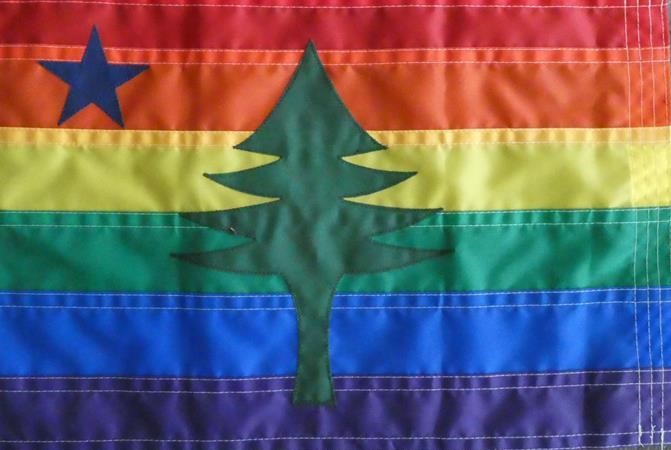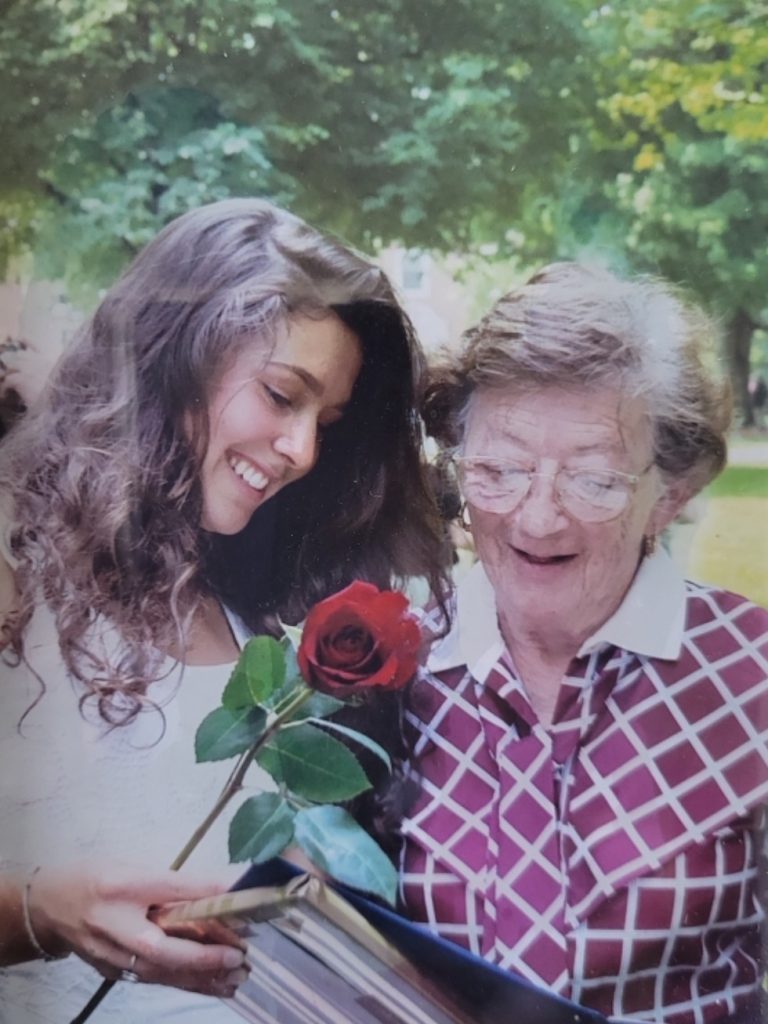In recognition of Black History Month, CMBG’s IDEA (Inclusion, Diversity, Equity, and Access) Committee wanted to take the opportunity to honor the traditions, skills, and knowledge Black Americans have brought to our field. Each week, one of our members will offer a blog post featuring the Black horticulturists, farmers, gardeners, and botanists who have inspired them.
This week, we welcome CMBG horticulturist Karlmathew Alamo. Karl holds a degree in landscape architecture and community planning from the University of Rhode Island. Now in charge of the Cleaver Lawn and Gardens, he has been educator, critic, and mentor, and is certified in green roof system assembly design. Karl is featuring The Urban Studio, an interdisciplinary art and design collaborative made up of planners, storytellers, and landscape architects leading the charge in restructuring the pedagogy of landscape architecture, empowering the voices of the next generation, and encoding equity, justice, and cultural identity back into both the landscape and the industry.
Landscape architecture is a vital part of how we experience places like Coastal Maine Botanical Gardens. It decides how we access the landscape, it changes our perception of the environment, and dictates how we move through each space. It is fundamental for creating connections between people and place, people and the environment, and, most importantly, people and people. As a service for all people, principles of inclusion, diversity, equity, and access should be at the forefront of our work. In commemoration of Black History Month and beyond, we should always reflect on how our work is enabling or inhibiting these principles.
American landscape architecture establishes its precedents from the parks, commons, and rolling lawns inspired by English gardens, to the manicured, symmetrical, controlled landscapes inspired by the French jardins du parterres. The hegemony of these Eurocentric practices, however, is often overlooked and cultural re-evaluation of the industry identifies the contributions of these practices to the erasure of African history. According to Landscape Architecture Foundation award winner Lys Divine Ndemeye, we should instead utilize the landscape to emphasize cultural expression through natural systems. She sees the landscape as “a key cultural marker and maker that can play a powerful role in spatial decolonization and empowering marginalized communities towards cultural affirmation and identity” (Landscape Architecture Foundation).
The built environment, especially over the past year, is going through a rapid re-examination of its role in enabling or inhibiting social equity and racial injustice (Land8: Landscape Architects Network). How is this impacting how landscape architects are taught? How is this impacting how they practice? The Urban Studio is leading the charge in restructuring the pedagogy of landscape architecture, empowering the voices of the next generation, and encoding equity, justice, and cultural identity back into both the landscape and the industry.
The Urban Studio is an interdisciplinary art and design collaborative made up of planners, storytellers, and landscape architects with extensive creative and professional expertise that enrich the design process. At their locations in Washington, D.C. and Los Angeles, California, they are fostering authentic and meaningful engagement so that those who are most affected by design decisions – including disproportionately affected Black, Indigenous, People of Color (BIPOC) and other underrepresented communities – are seen as key members of the design team. The Urban Studio exposes the disproportionate effects of landscape architecture on these marginalized groups by daylighting cultural landscapes and elevating experts of lived experiences. They acknowledge that people living in the landscapes we design are the experts of that land in a way that designers will never be. Their practice works toward “co-design and co-creation with communities of color,” facilitating collaborative processes that allow people to implement their own visions within their own communities.
According to the American Society of Landscape Architects, only 10% of landscape architects and 4% of ASLA members identify as Hispanic or Latino. Only 3% of landscape architects and just over 1% of ASLA members identify as African American. The Urban Studio works to close this gap by educating kids about landscape architecture and inspiring them to be leaders in the reconstruction of a more equitable industry. Their mission and vision is to ensure all people have the means to create healthy, vibrant, and just communities, engaging in work to advance design thinking for a more just and sustainable future.
The Urban Studio is committed to using youth education as a catalyst for cultural expression and representation in the landscape. They are committed to re-examining the foundations of landscape architecture to reclaim erased history. By exploring the intersection of BIPOC experiences in the built environment, they are empowering the voices of the next generation of landscape architects, planners, designers, and storytellers from underrepresented communities. They are deconstructing the pedagogy of design to include principles of inclusion, diversity, equity, and access and collaborating with the next generation to rebuild a fair industry.
As a landscape architecture professional, I am inspired by the work of The Urban Studio as a groundbreaking precedent in my own career. We should all be encouraged to deconstruct our own work – to envision new strategies for equipping ourselves with these principles. We should all be motivated to rebuild economically, socio-culturally, and ecologically unjust places and reflect on how we might be enabling or inhibiting social equity. We should all be inspired to create meaningful connections of people between people, place, and the environment in an industry for all.
Citations:
The Urban Studio. <https://theurbanstudio.org/home>.
“Equity, Justice, and Landscape [Webinar].” Land8: Landscape Architects Network. 16 July 2020. <https://land8.com/equity-justice-and-landscape-webinar/>.
“2020 Olmsted Scholars.” Landscape Architecture Foundation. June 2020. <https://www.lafoundation.org/news/2020/06/2020-olmsted-scholars>.


